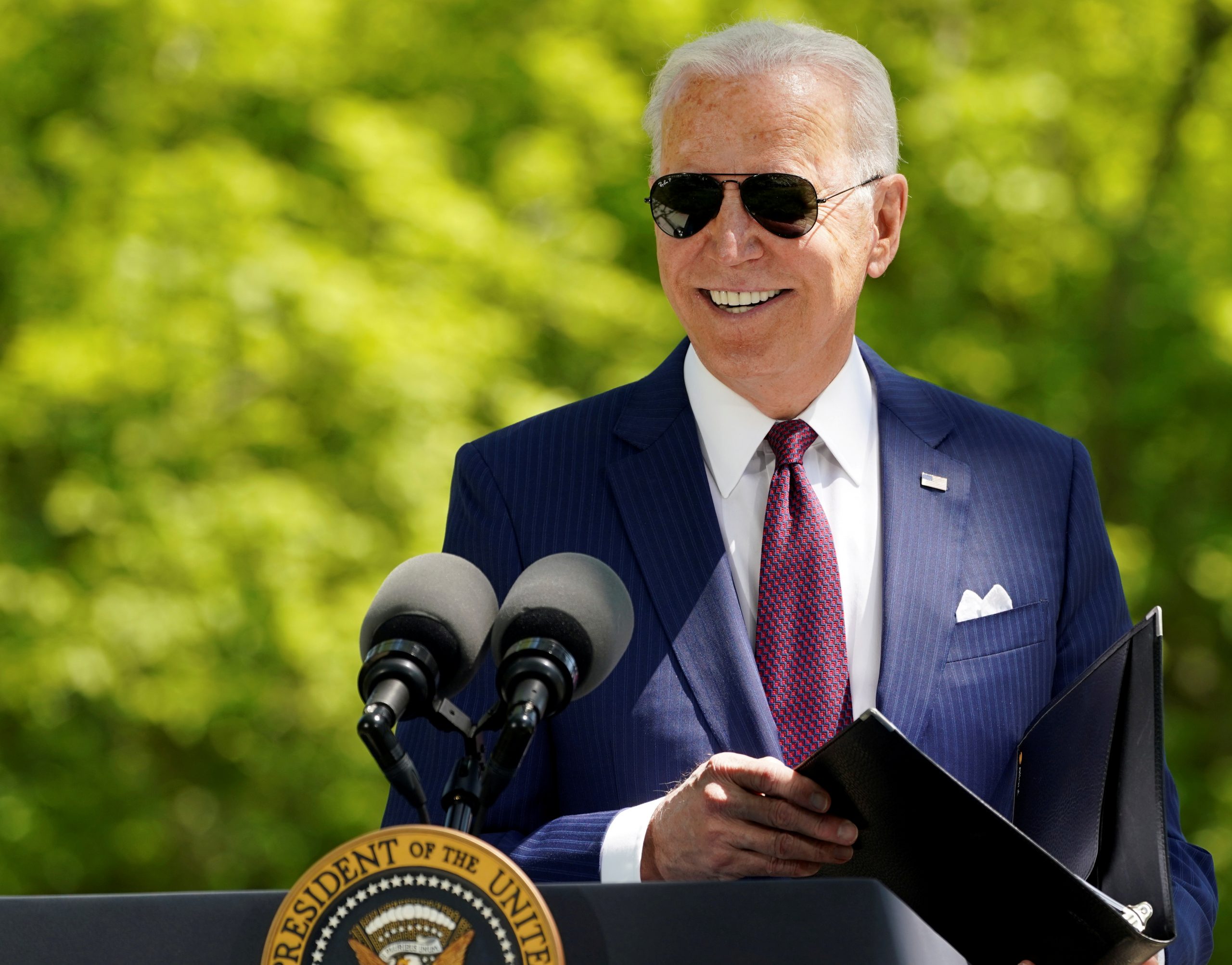The Senate passed a $1.2 trillion infrastructure bill, giving President Joe Biden a major legislative win.
On Tuesday, the Senate voted 69-30 to advance the bill, with 19 Republicans voting for it.
#BREAKING — The Senate gives final approval to a major $1.2 trillion infrastructure bill, capping months of arduous talks between the White House, Senate Democrats and Republicans. The vote was 69-30.
— Manu Raju (@mkraju) August 10, 2021
The bill now goes to the House, where it won't be taken up until the fall
The vote, which put the legislation one step closer to being signed into law, came after weeks of negotiations between Democrats and Republicans to forge a bipartisan piece of legislation and overcame resistance from some Republicans.
Before the vote, Sen. Rob Portman (R-Ohio), one of the lead Republican negotiators on the bill, said, “There’s a joke around town that infrastructure week has come and gone so many times that people are a little cynical when we talk about it.”
“Well, today is infrastructure day,” he added.
Portman, a lead BIF negotiator, says "The Senate's about the make history" ahead of a vote on final passage
— Ali Zaslav (@alizaslav) August 10, 2021
"Theres a joke around town that infrastructure week has come & gone so many times that people are a little cynical when we talk about it. Well today is infrastructure day" pic.twitter.com/1XA4vFFskD
The package now heads to the House of Representatives, where it could face a challenging path to final passage.
As The New York Times reports, “Liberals who have bristled at seeing their top priorities jettisoned from the infrastructure talks as President Biden and Democrats sought an elusive deal with Republicans have warned that they may seek to change the bill substantially when they have the chance.”
“At minimum, House Democrats have made clear that they do not intend to take up the bill until a second, far more expansive package to provide trillions more in spending on health care, education, child care, and climate change programs is approved, something not expected until the fall,” it added.
Democrats are also looking to pass a separate $3.5 trillion spending package. In the Senate, they are hoping to use a process known as budget reconciliation which would be immune from a filibuster and let them pass legislation with just 51 votes.
House Speaker Nancy Pelosi (D-Calif.) said, “We will not take up a bill in the House until the Senate passes the bipartisan bill and a reconciliation bill. If there is no bipartisan bill, then we’ll just go when the Senate passes a reconciliation bill.”
That would require all 50 Democratic senators to vote for it, with Vice President Kamala Harris casting the tie-breaking vote.
However, Sen. Kyrsten Sinema (D-Ariz.) said she does “not support a bill that costs $3.5 trillion.” Without her support, it is unlikely that the spending bill would pass the Senate.
Rep. Alexandria Ocasio-Cortez (D-N.Y.) vowed that progressives in the House would “tank” the bipartisan bill if senators tried to strip the larger spending bill of their priorities.























